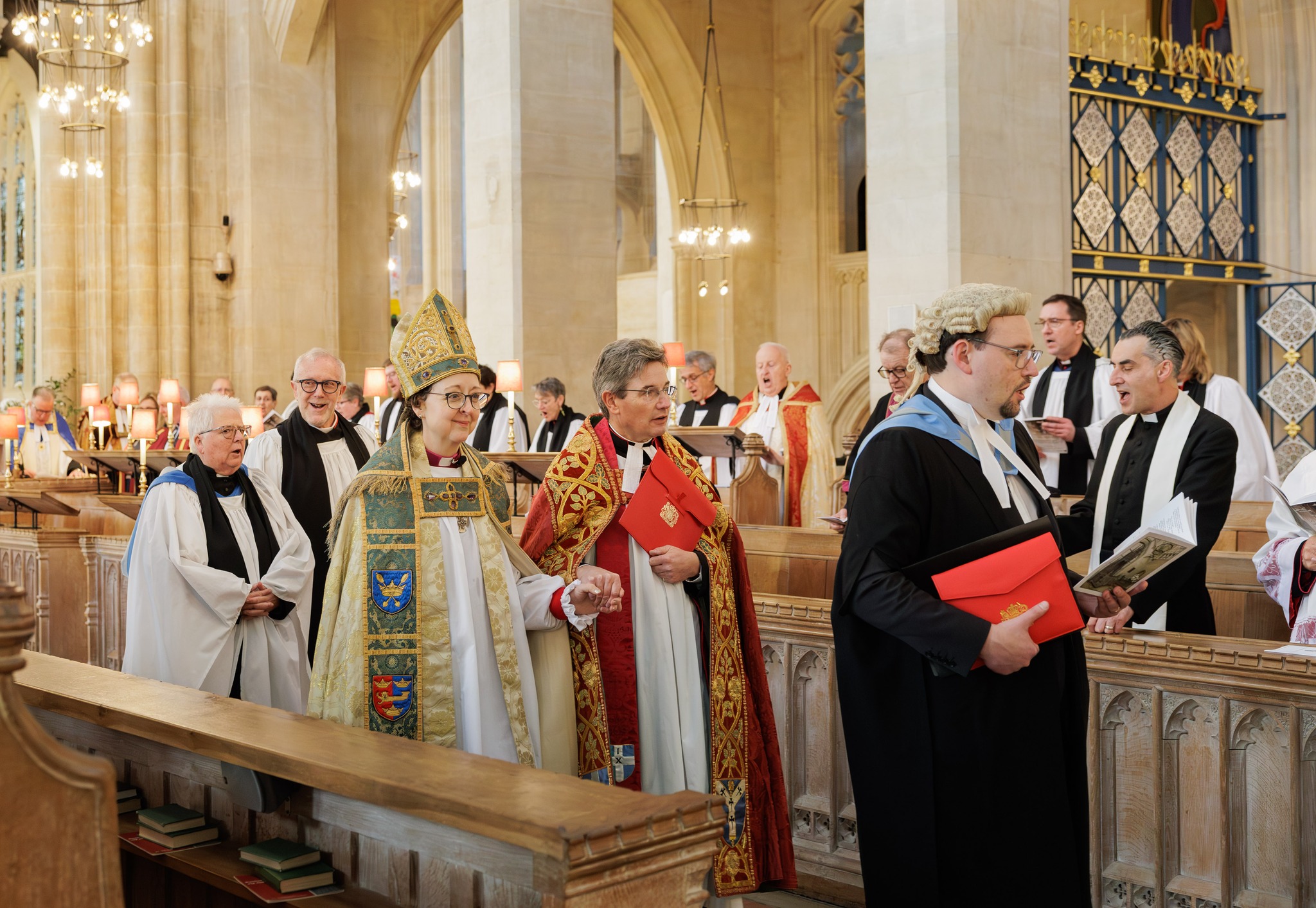.
Rioting and clearing up afterwards used to be so much simpler. The protestors gathered and after airing their grievances began to cause trouble; rioters attached to the protestors fell upon the town and began to destroy things and people, and to loot. Magistrates read the Riot Act and the militia advanced and began to open fire on rioters and arrest those whom they did not kill. Riot being a crime attracting the death penalty, all those arrested were hanged after being found guilty, within the month. They were executed as close as possible to where they had been arrested, special gallows being erected at the scene.
Barnaby Rudge has been excellent reading these last few days!
No: of course I'm not saying that we should bring back the death penalty for riot. But it is interesting to speculate on the difference between what happens when there is a clear consequence for being convicted of riot, and the possibility of 40 hours community service when nobody seems to want to spell out in black and white exactly what the criminal has done.
09 August 2011
Subscribe to:
Post Comments (Atom)






.webp)









































1 comment:
The fact that magistrates are sending looters to the crown courts for sentencing does rather suggest that they're not contemplating "40 hours community service".
But, yes, they certainly did things differently in the old days. If we went back to the mediaeval model, the Queen would have met the protesters to hear their grievances, and the mayor of London would sneak round the back and stab the ringleader in the reins. Get that broom out of Boris's hand and give the man a blade!
Post a Comment